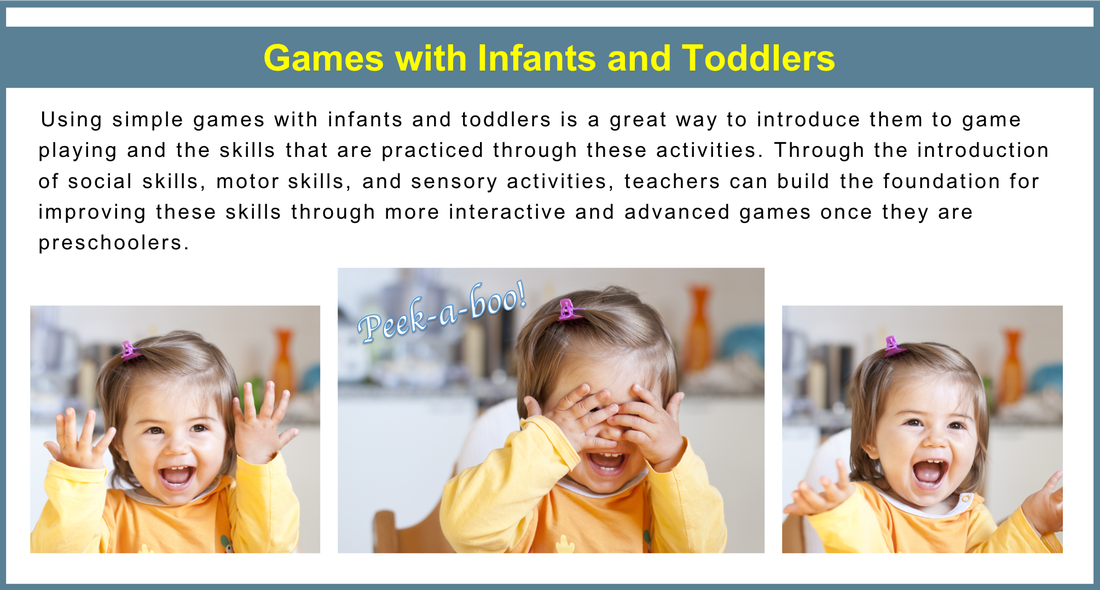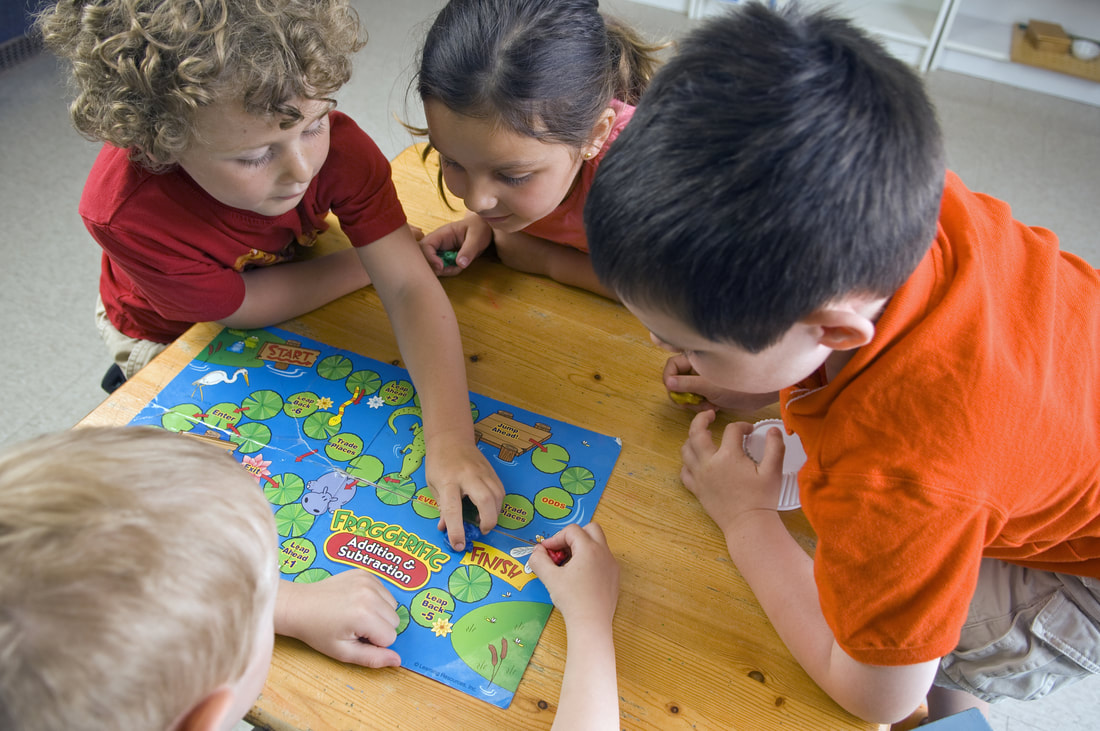Sentry Page Protection
Unit 7 Student Login 
Unit 7 Student Login
Welcome, (First Name)!
Enter Member Area
(Unit 7) Topic 6: Ready Set Go: Playing Games in the Classroom
2 Clock Hours of Early Childhood Education





